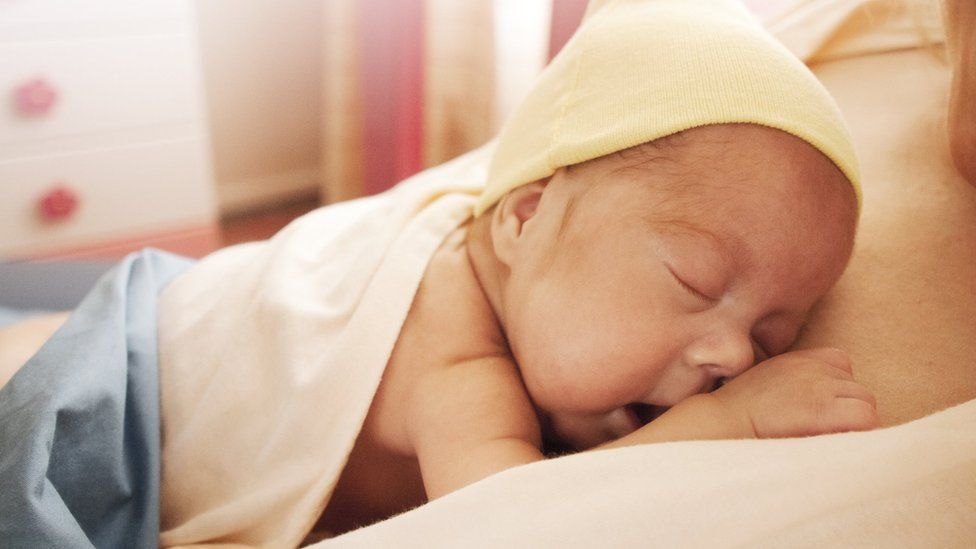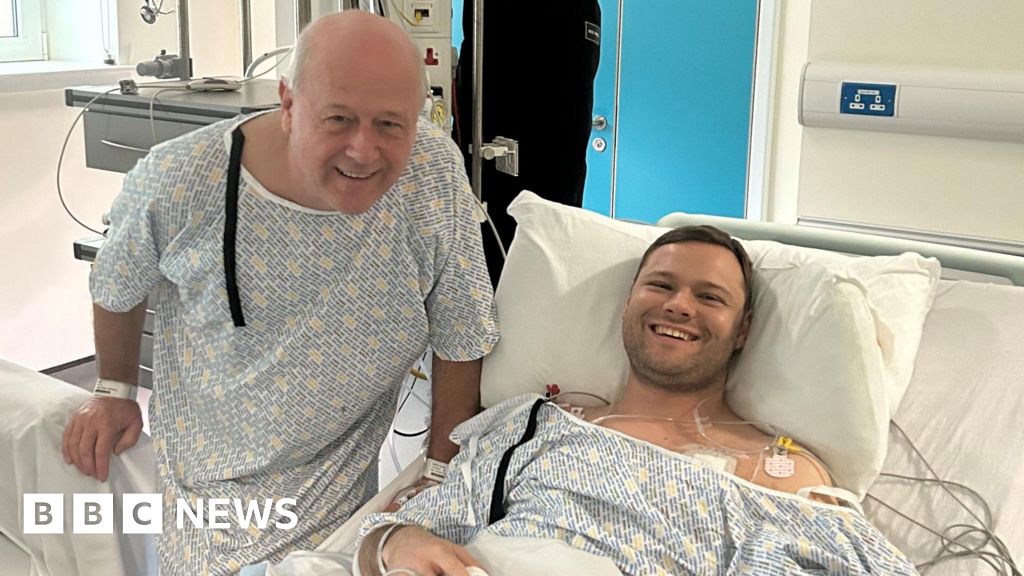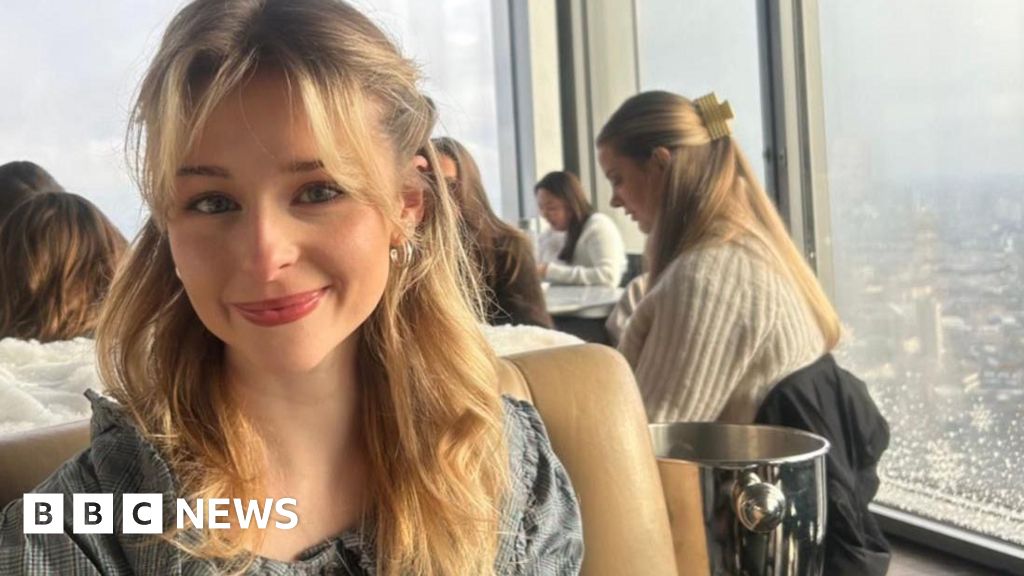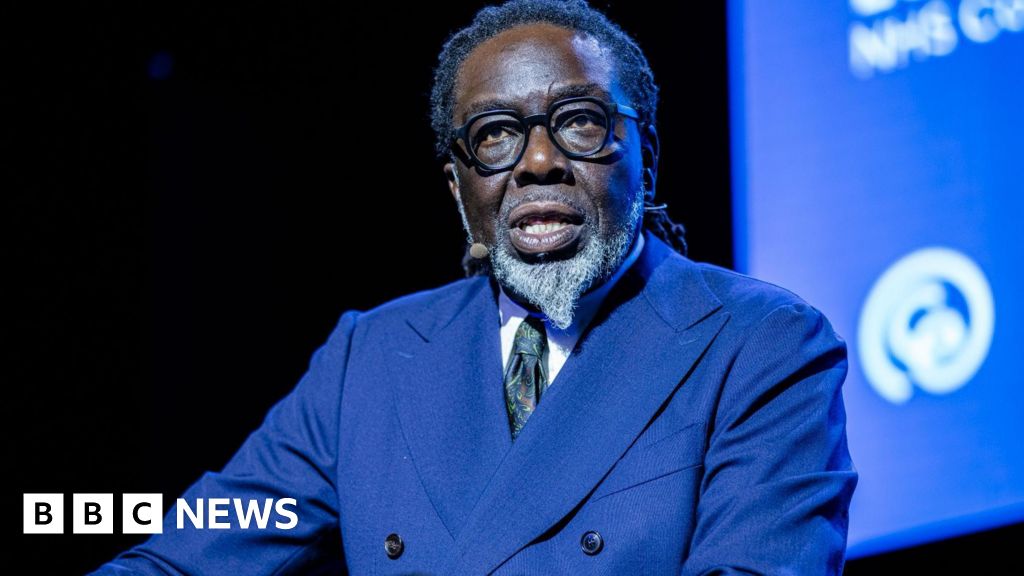ARTICLE AD BOX
 Image source, Getty Images
Image source, Getty Images
By Michelle Roberts
Digital health editor
For the first time on the NHS in England, premature babies can now routinely be given a drug treatment to prevent blindness, advice says.
Injections of ranibizumab can stop scarring caused by unusual blood-vessel growth in the back of the eye.
It is an alternative to laser therapy, which is not always suitable for tiny babies at risk of this sight problem affecting the retina of the eye.
Retinopathy of prematurity (ROP) can be avoidable with the right treatment.
All premature and low-birth-weight babies are screened for it, with eye tests. Up to one in 20 may require treatment to avoid damage that can lead to sight loss.
Ranibizumab injections into the eye can block the action of vascular endothelial growth factor, which promotes growth of new blood vessels.
Very high levels can grow abnormal vessels that turn into scar tissue in the retina - the part of the eye that detects light and sends messages to the brain to enable sight.
Urgent treatment
Millie Swan, from Surrey, was born prematurely at 23 weeks and developed ROP.
When she was three months old, the condition became so severe in her left eye she needed urgent treatment to save her sight.
But when doctors gave her the sedative to prepare her for laser treatment, she did not tolerate it at all, so they could not start the procedure.
Image source, NHS England
Image caption,Millie with her mother, Natalie
"At this point, we thought she would end up blind in her left eye," Millie's mother, Natalie, said, "but we were lucky enough to get offered this new treatment, which was an injection into the eye.
"I stayed with her for the procedure. Millie needed to have her eye clamped open but I was used to seeing that happen for her assessments. And the treatment was finished in a couple of minutes. That was much quicker than the laser surgery would have been. After the procedure, Millie spent a couple of days recovering.
"Millie will be three years old in July and her eyesight is now normal and she enjoys looking at the pictures in her books and aeroplanes in the sky.
"We feel so lucky that she got to have this procedure and avoided almost certain blindness in that eye - and now other families will be able to benefit from it too."
Around 20 babies a year in England might need the drug treatment rather than laser therapy, experts believe.
NHS chief executive Amanda Pritchard said: "The impacts of vision loss can be absolutely devastating, particularly for children and young people, so it's fantastic that this treatment will now give families across the country another life-changing option to help save their child's precious sight.
"The national rollout of this lifeline treatment for babies who are too poorly to undergo laser therapy is a vital step forward in preventing avoidable vision loss."
Peter Bradley, from the premature baby charity Bliss, said: "It is absolutely brilliant to see this sight-saving treatment being rolled out nationally. Retinopathy of Prematurity affects many babies born premature, and can become very serious."

 1 year ago
43
1 year ago
43








 English (US) ·
English (US) ·